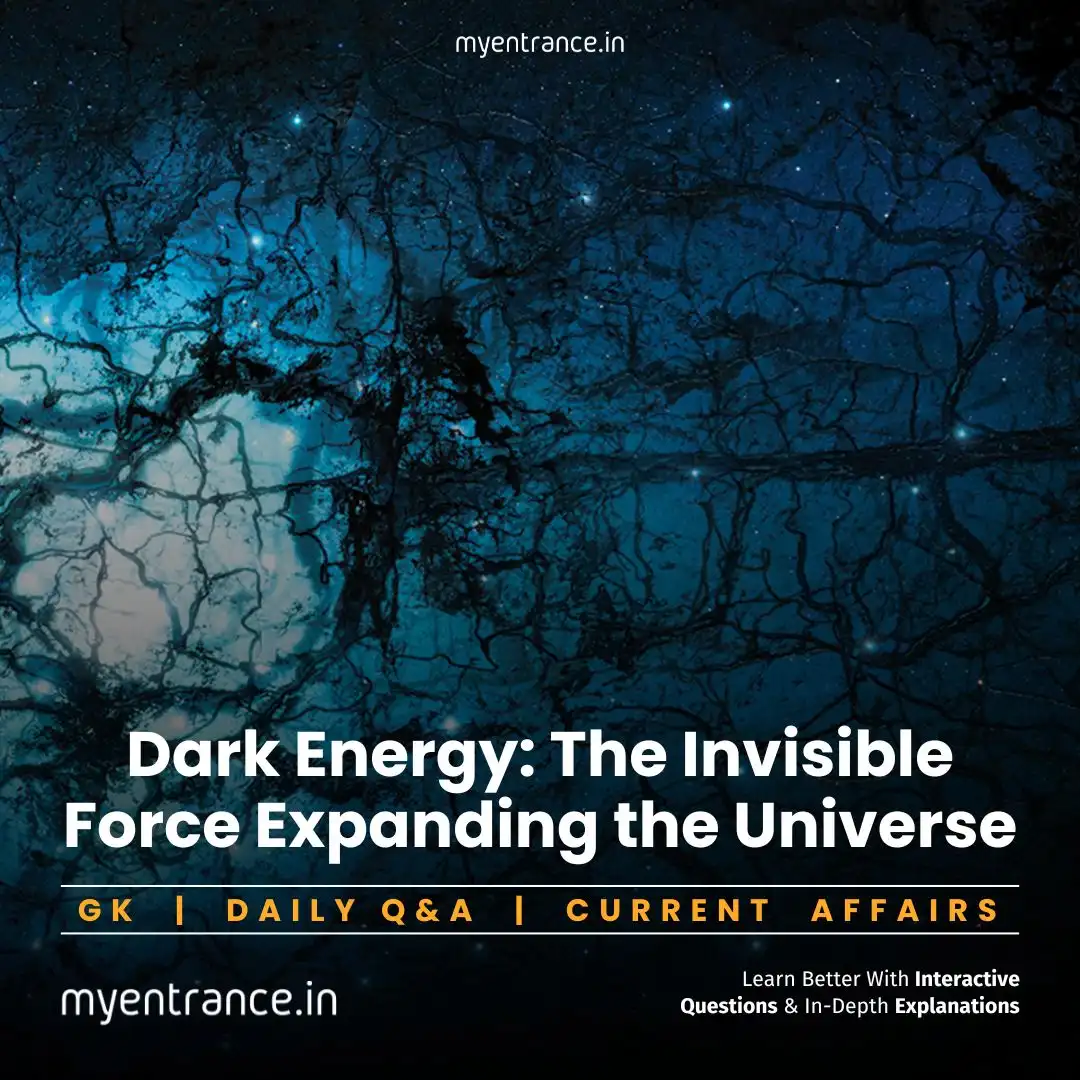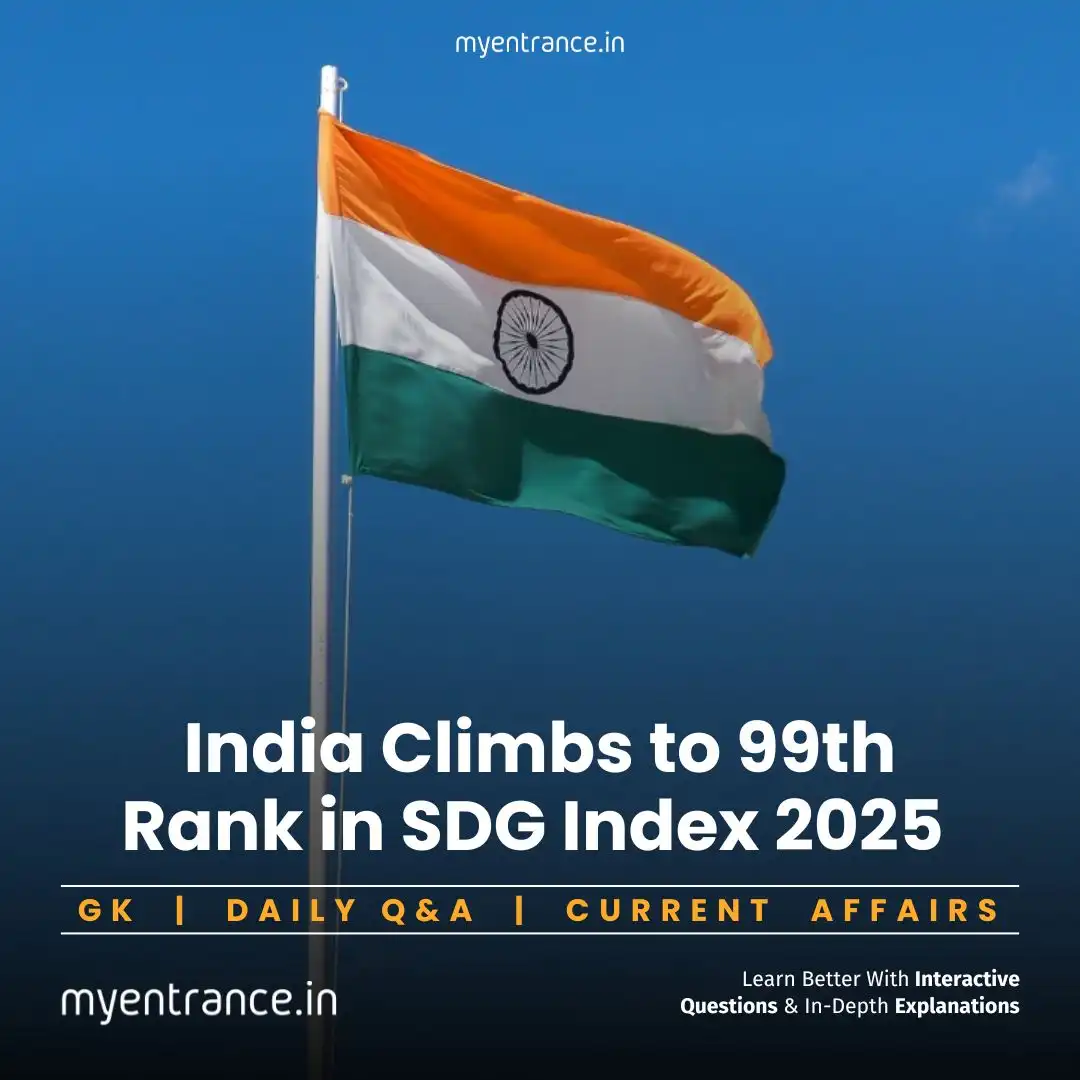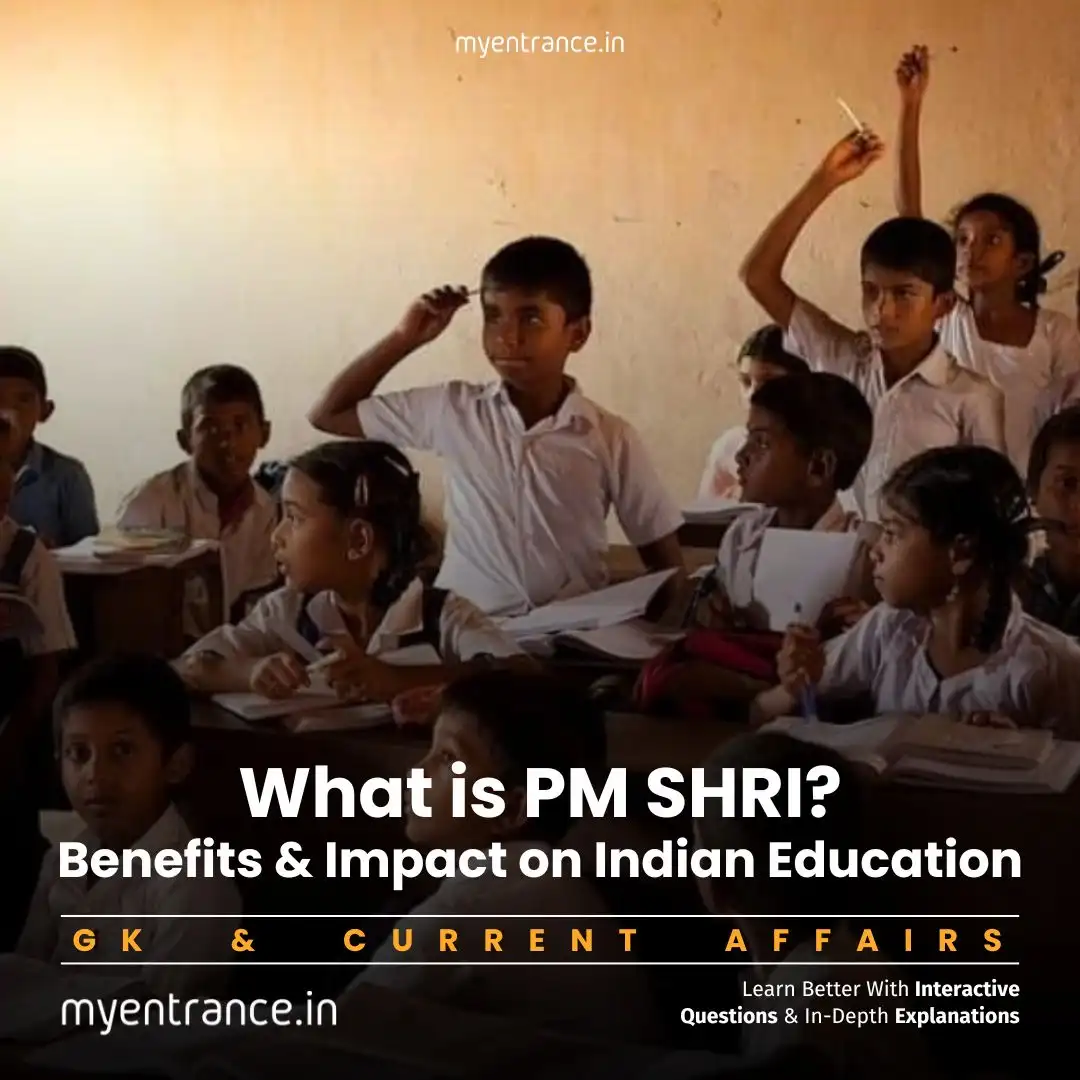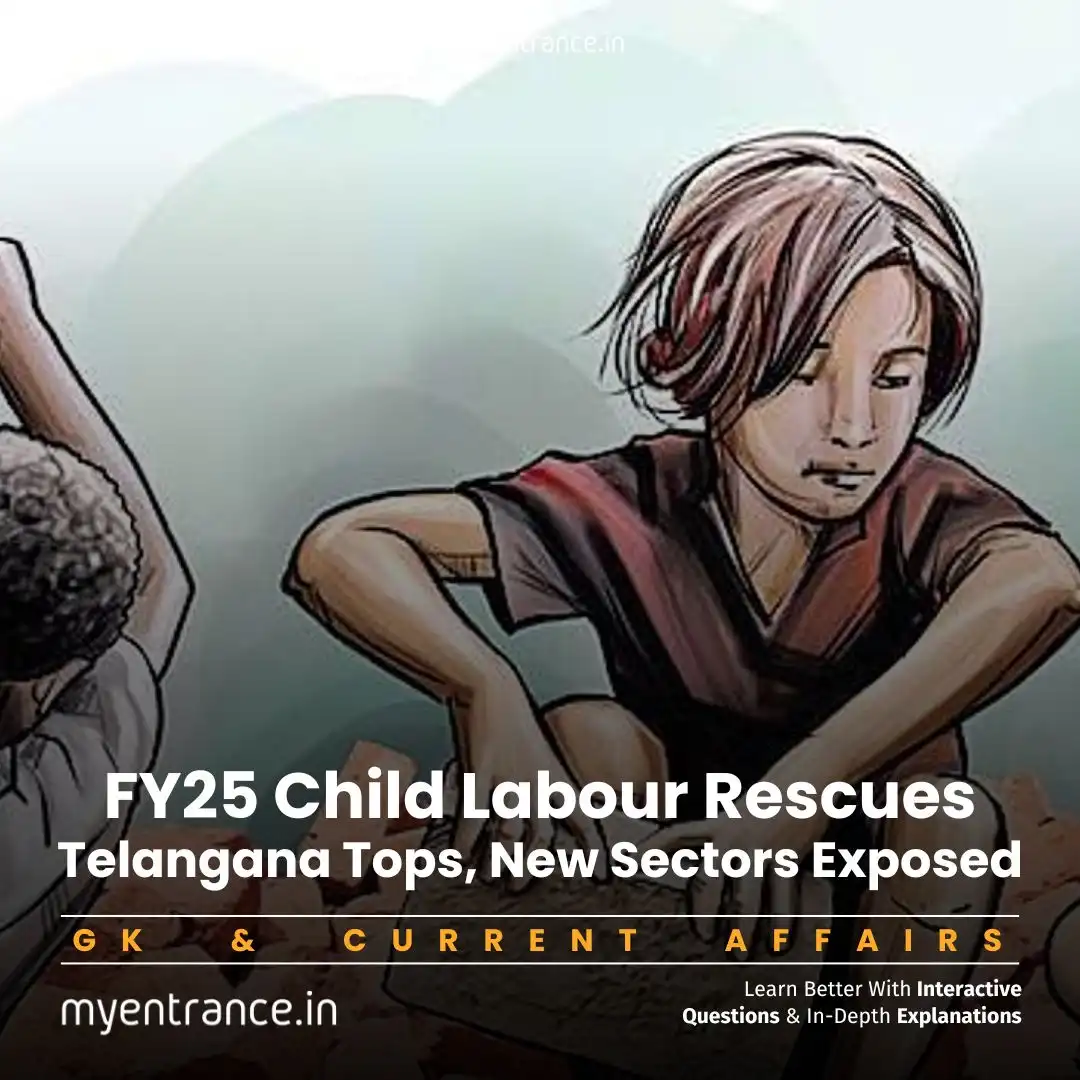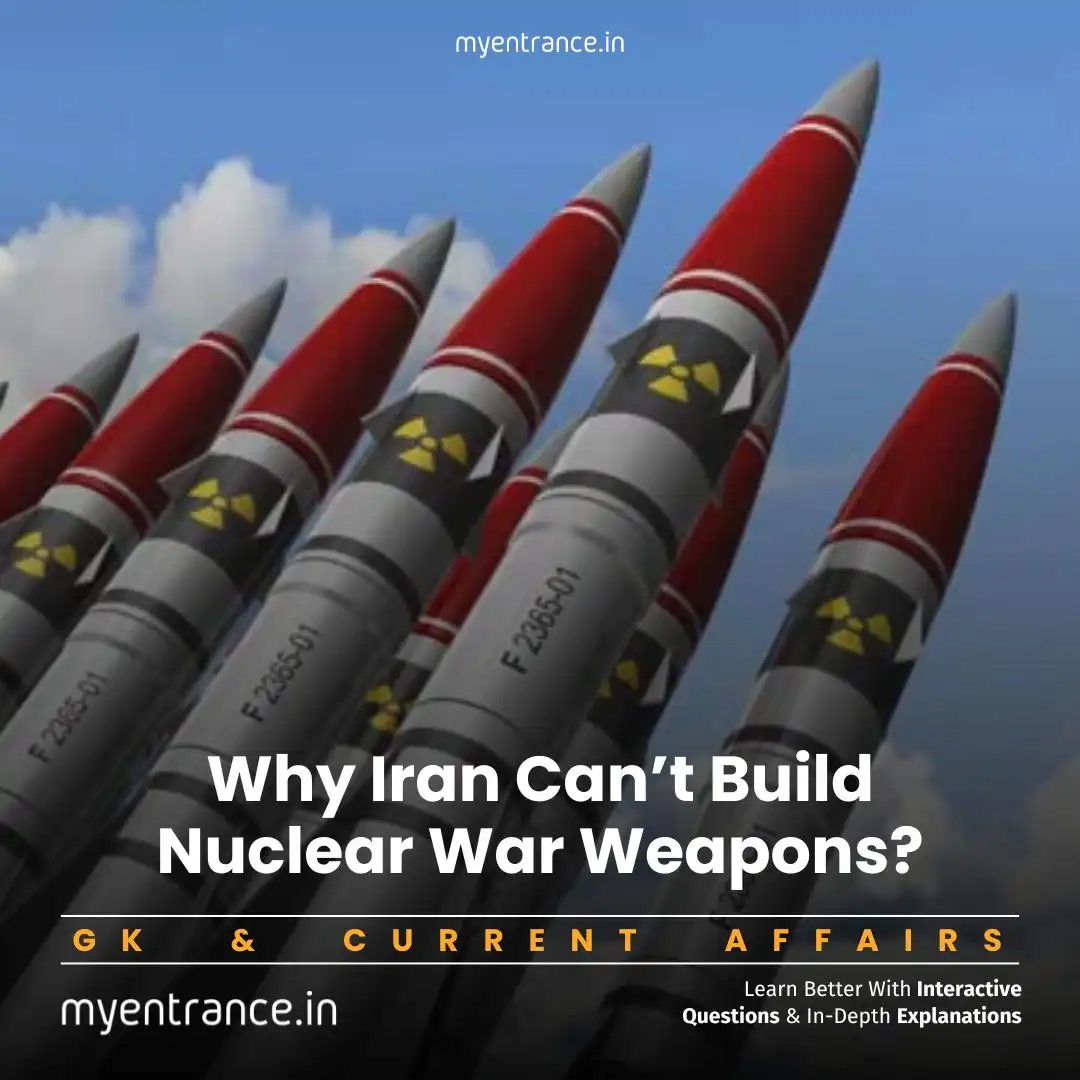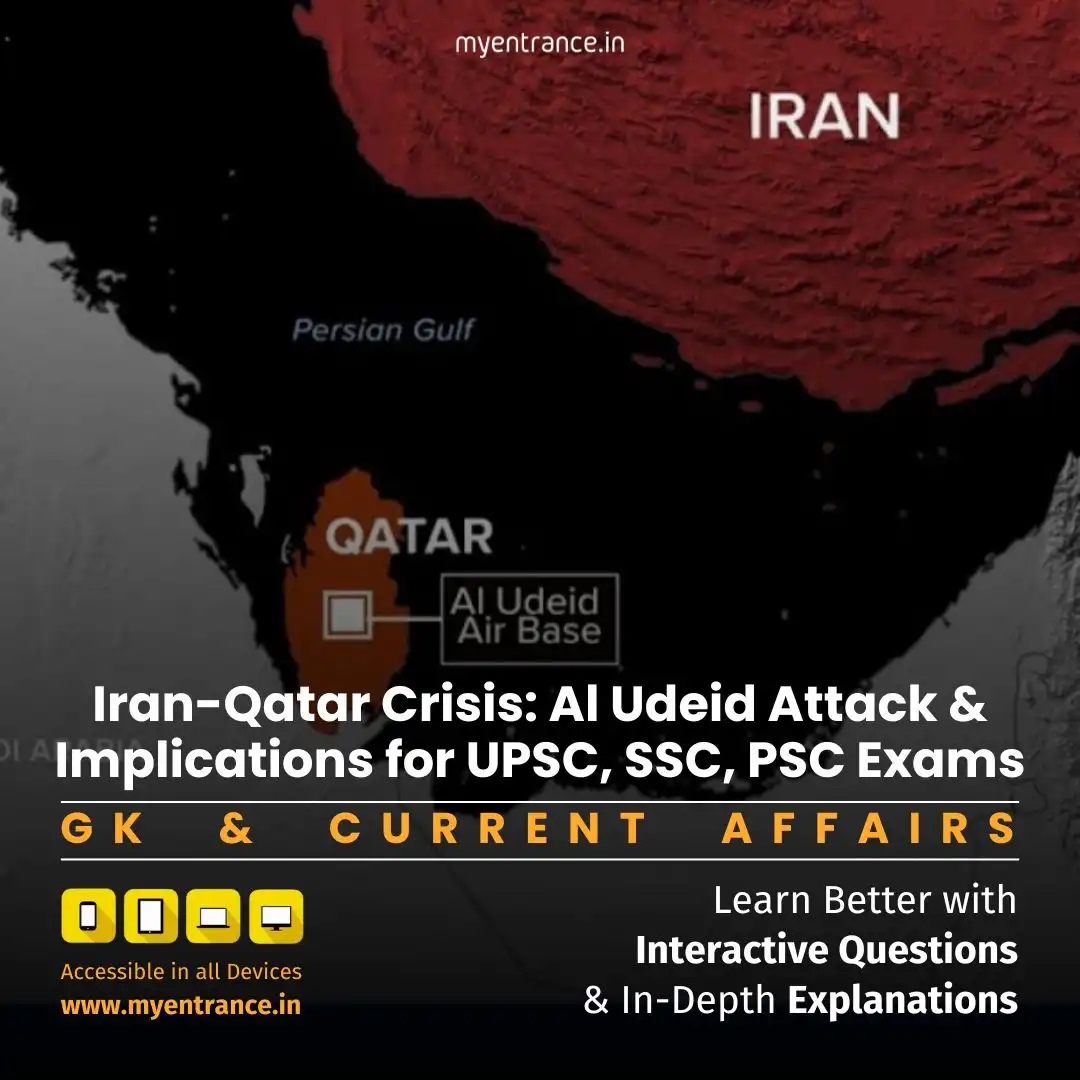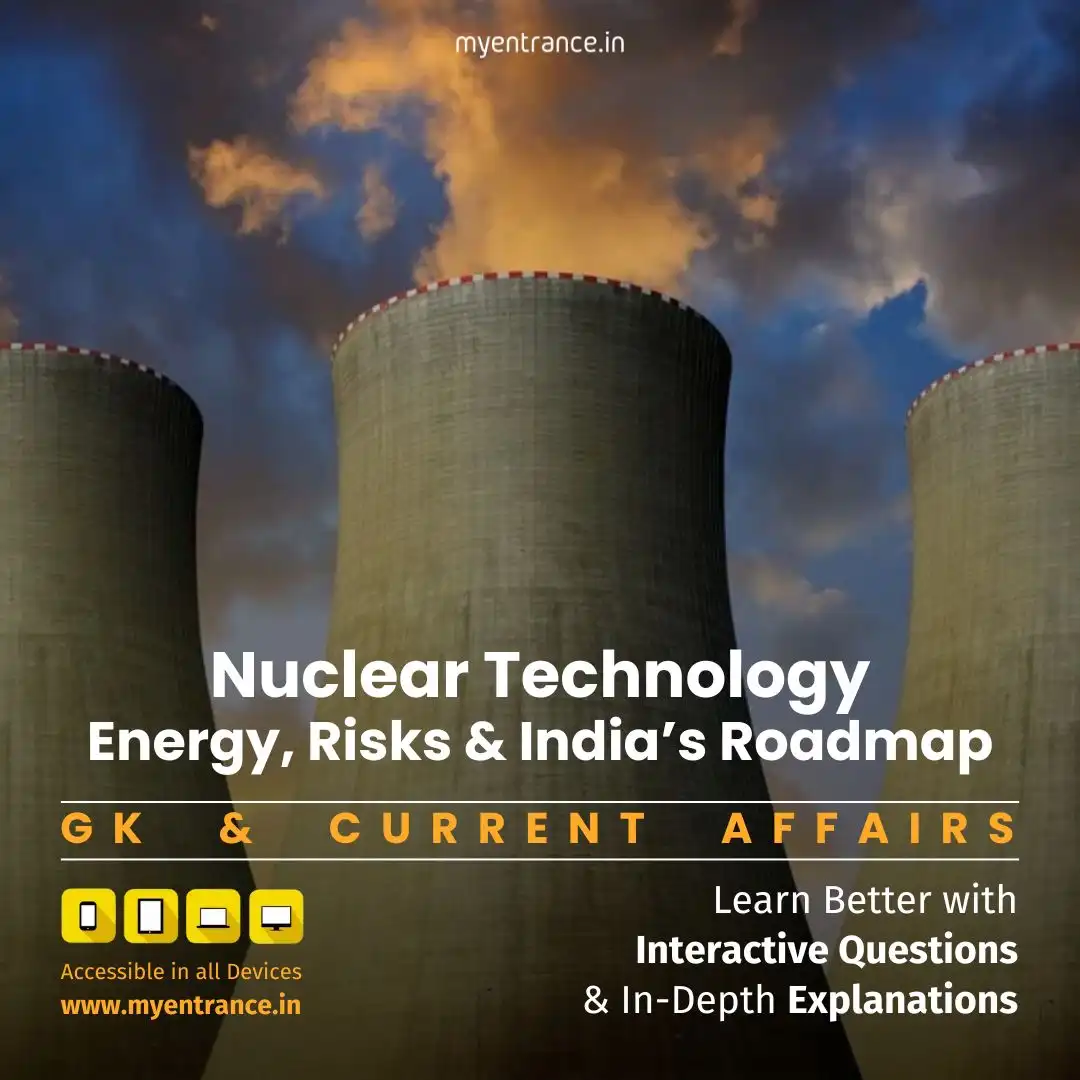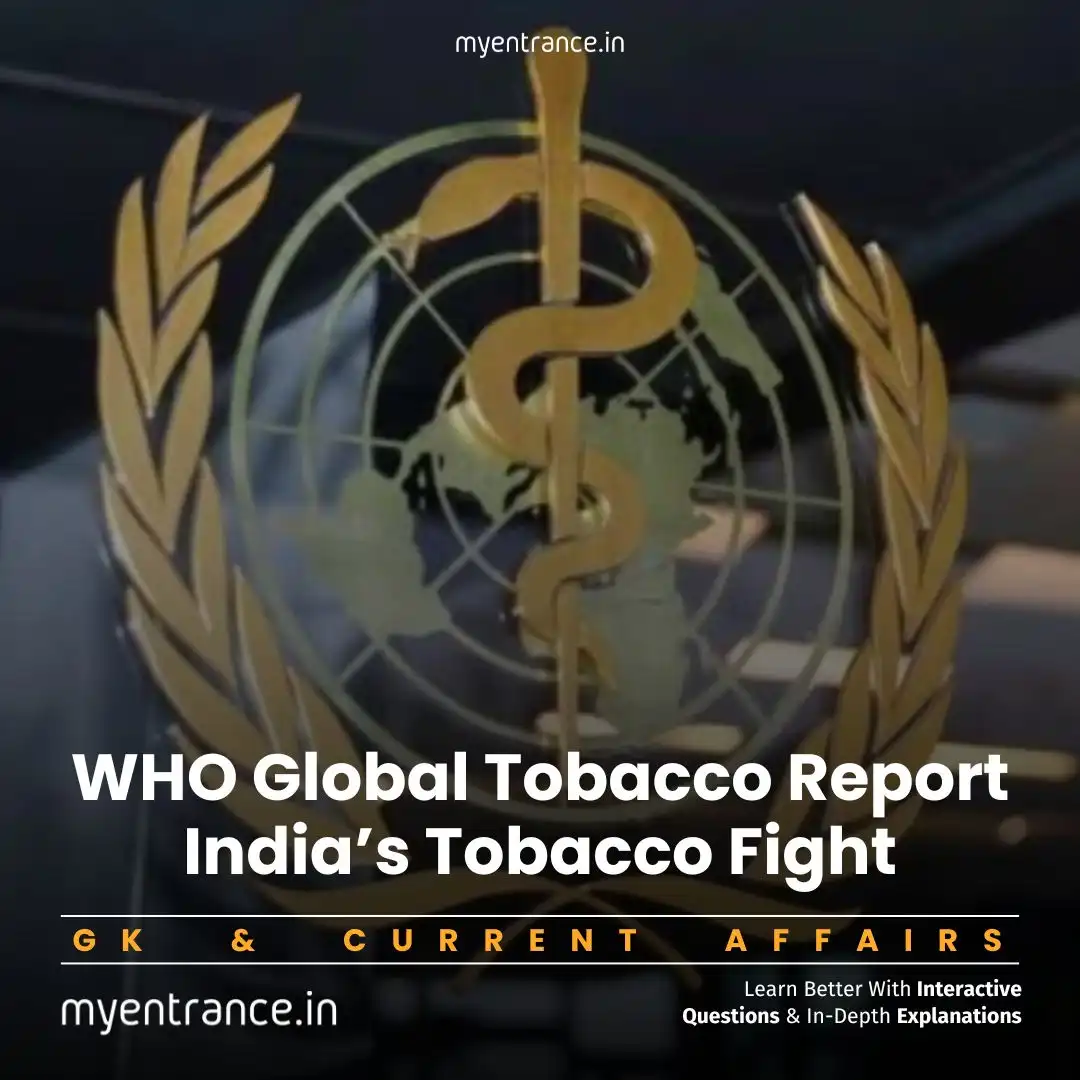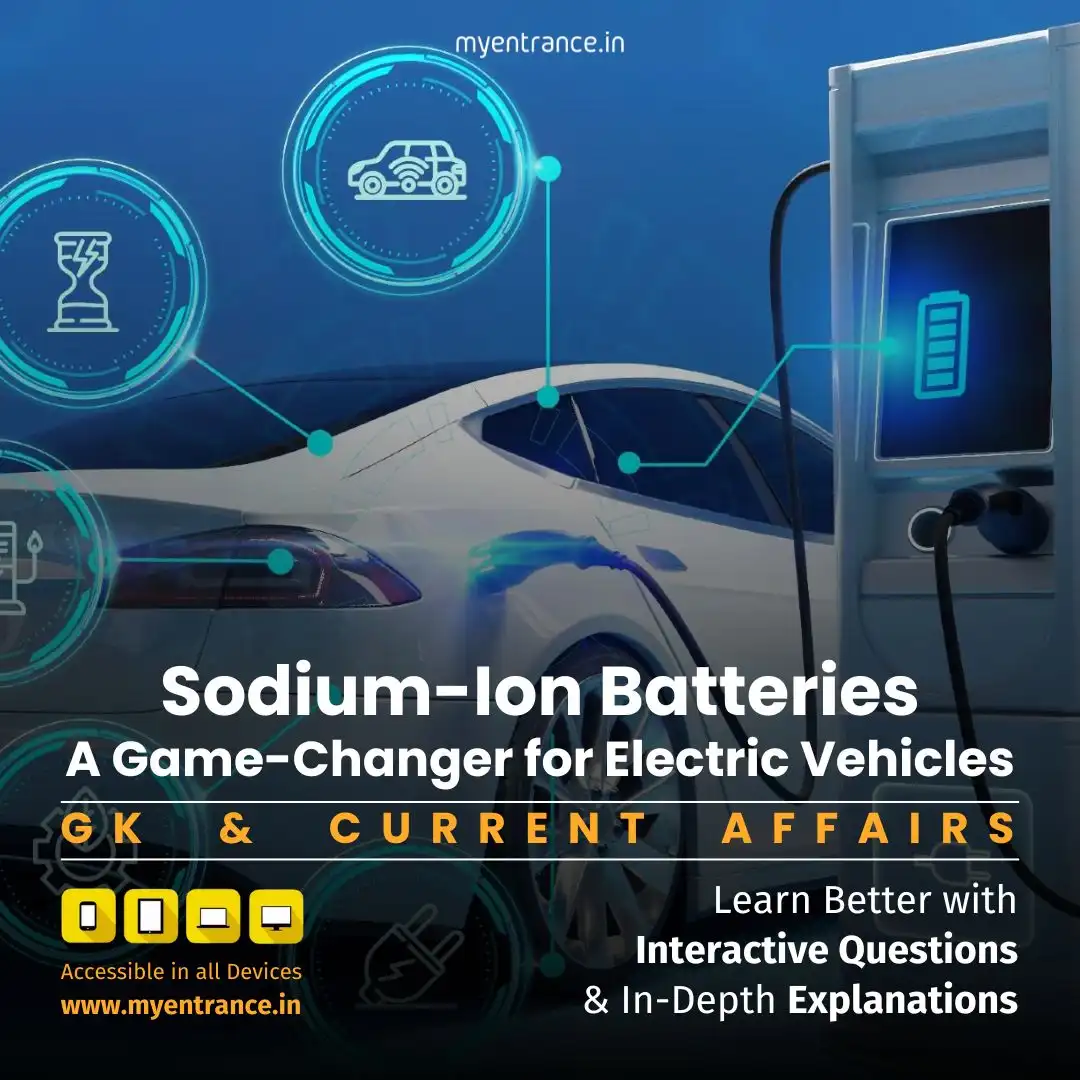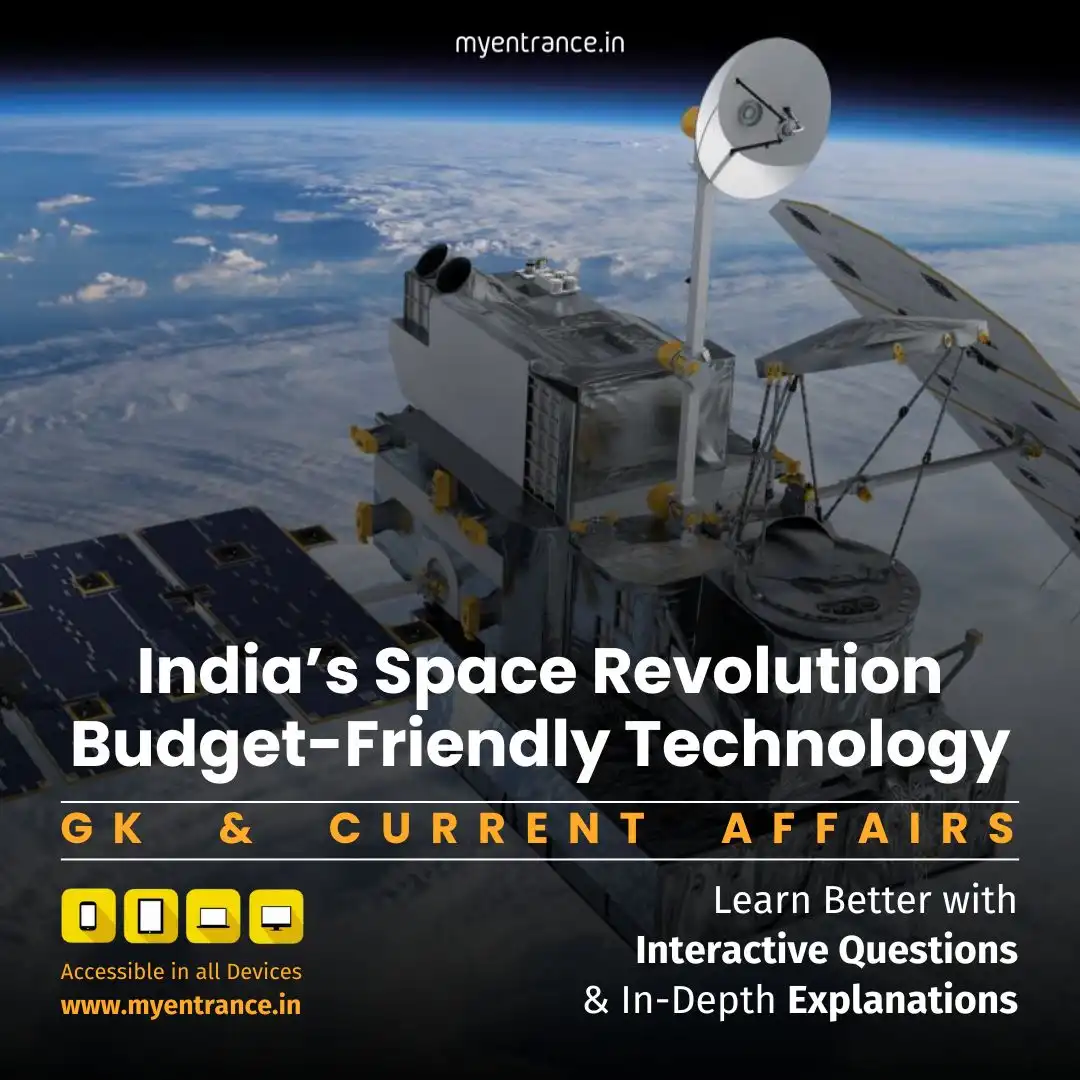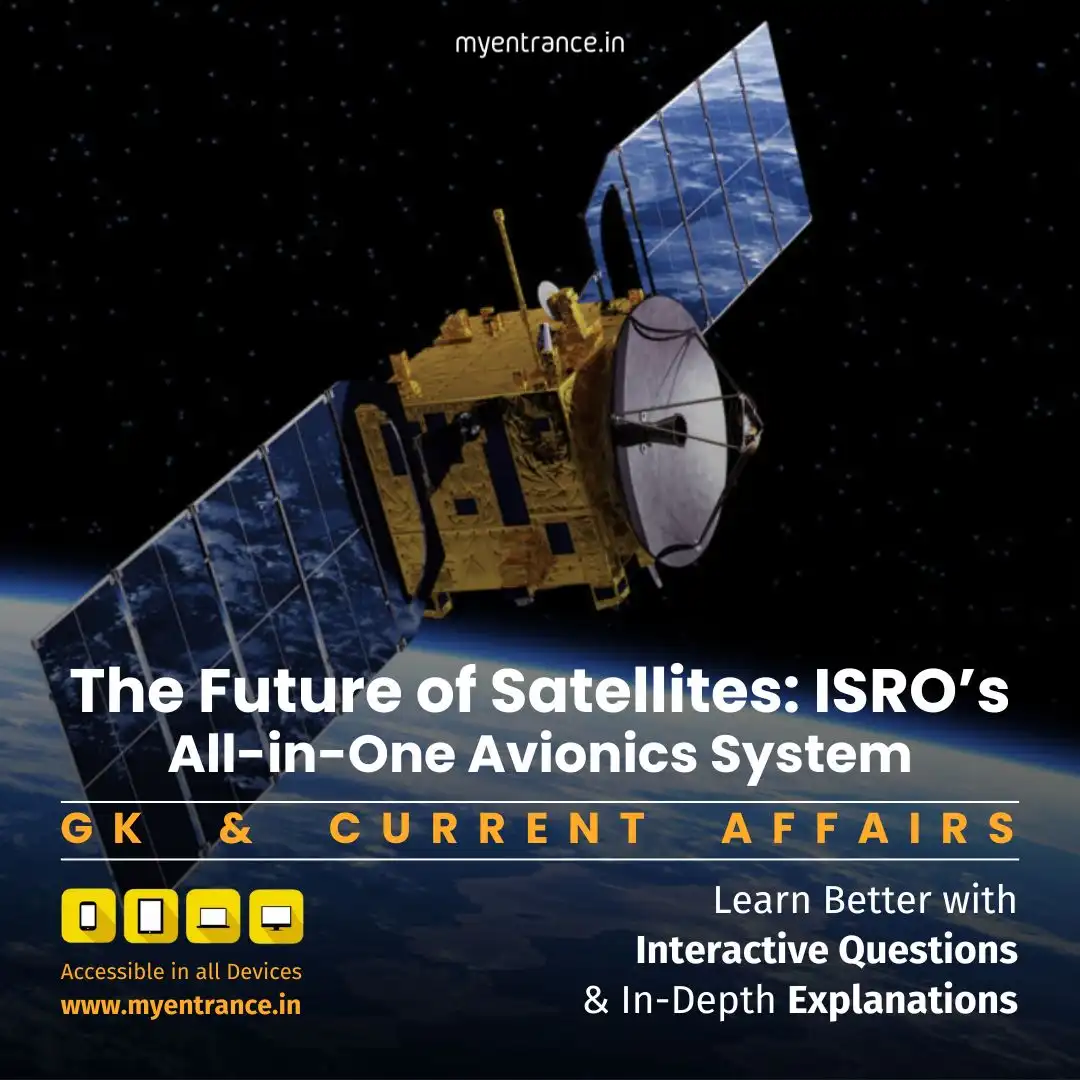Select Language
India Seeks Pause in Indus Waters Treaty Proceedings: Kishanganga & Ratle Dispute Explained
India has formally sought a halt in World Bank-appointed proceedings over the Kishanganga and Ratle hydropower disputes. This follows New Delhi’s decision to place the Indus Waters Treaty (IWT) in abeyance until Pakistan ends cross-border terrorism.
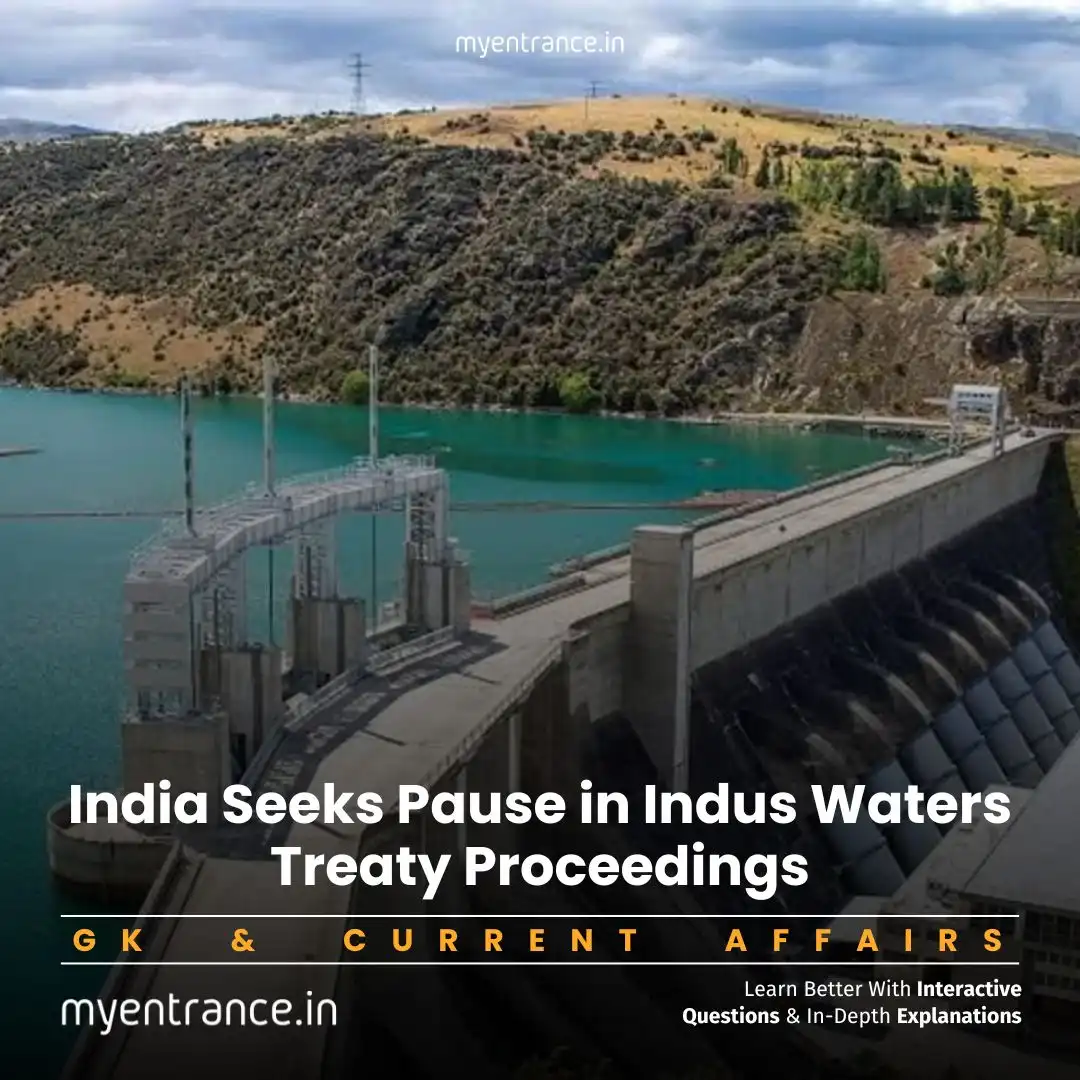
The Core Dispute: Kishanganga & Ratle Projects
Kishanganga (J&K): Located on the Kishanganga River (a Jhelum tributary).
Ratle (J&K): Run-of-river project on the Chenab River.
Pakistan’s Claim: Violates IWT by altering water flow and design specifications.
India’s Stand: Projects comply with treaty provisions; objections are politically motivated.
Why India Paused World Bank Proceedings
Trigger: Post-Pahalgam terror attack, India suspended IWT until Pakistan “credibly and irrevocably” ends cross-border terrorism.
Legal Move: India requested neutral expert Michel Lino (appointed by World Bank) to suspend all proceedings related to the disputes.
Pakistan’s Response: Strongly opposed India’s request, insisting proceedings continue.
Key Implications for Indus Waters Treaty
Dispute Resolution Paralysis:
Neutral expert proceedings (ongoing since 2022) are now stalled.
Work programme deadlines (like Pakistan’s Aug 7 counter-memorial) stand vacated.
Strategic Shift by India:
Fast-tracking Chenab projects: Pakal Dul (1,000 MW), Ratle (850 MW), Kiru (624 MW), Kwar (540 MW).
Water Diversion Plans: New canal proposed to redirect Indus waters to Indian states.
Flushing Exercises: Conducted at Baglihar/Salal projects (blocked earlier by Pakistan).
Treaty Framework & Exam Critical Facts
IWT (1960): Brokered by World Bank; divides Indus basin rivers:
Eastern Rivers (India): Sutlej, Beas, Ravi.
Western Rivers (Pakistan): Indus, Jhelum, Chenab (India allowed non-consumptive use).
Article IX: Mandates neutral expert for technical disputes.
Annexure F: Governs hydropower project design criteria.
Why This Matters for India-Pakistan Relations
Water as Leverage: India signals readiness to leverage water rights amid security concerns.
Diplomatic Standoff: No bilateral talks expected until terrorism ends.
Global Precedent: Tests resilience of transboundary water treaties during geopolitical crises.
Sample Q&A for Competitive Exams
Q: Under the Indus Waters Treaty, which rivers are allocated to India for unrestricted use?
A: Eastern Rivers – Sutlej, Beas, and Ravi.
Q: What is Pakistan’s primary objection to India’s Kishanganga and Ratle projects?
A: Pakistan claims they violate IWT design norms and minimum water flow requirements.
Q: Which World Bank-appointed neutral expert is handling the Kishanganga-Ratle dispute?
A: Michel Lino, a French dam engineer and former head of the International Commission on Large Dams.
Q: What key change did India make in its Indus water management post-2023?
A: Monthly sediment flushing at Baglihar/Salal projects (previously blocked by Pakistan via IWT objections).
Q: Which is the first storage-based hydro project being built by India in J&K under the IWT?
A: Pakal Dul (1,000 MW capacity) on the Chenab River.
Most Predicted Questions
Comprehensive study materials, Expert-guided tips & tricks, Mock tests and instant results.
Start your SSC, NIFT, NID, FDDI, PSC journey today with MyEntrance, your ultimate online coaching platform.

